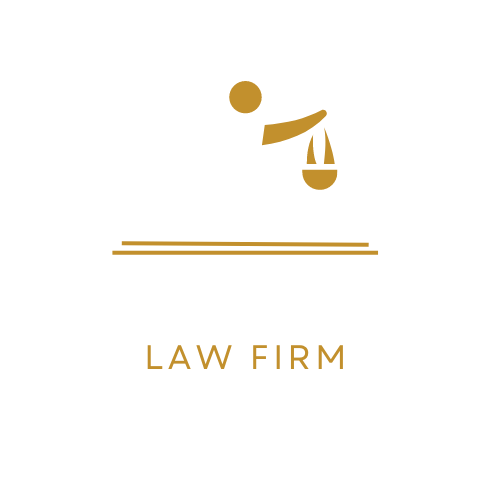Removing an attorney from your case can be extremely distressful and upsetting, so it is essential that you understand why this may happen and can prepare yourself accordingly.
Attorneys must adhere to legal and professional guidelines in order to withdraw from cases, for reasons such as nonpayment/fee disputes, conflicts of interests, incapacity and misconduct.
1. Non-payment of fees
Experience has shown us that when an attorney withdraws from your case it can be distressing; therefore it’s crucial that we fully comprehend why and plan what our next steps should be.
One of the primary factors causing attorneys to leave is non-payment of fees. When clients fail to fulfill their financial obligations, this can create tension within the attorney-client relationship and even create conflicts of interest.
In such a circumstance, an attorney must file a motion with the court requesting permission to withdraw, as well as notifying their client and verifying other procedural safeguards have been met. After reviewing their petition and hearing evidence on whether withdrawal should be granted or rejected. While this process can be lengthy and stressful, it is crucial for protecting the integrity of our legal system.
2. Conflict of interest
There may be various reasons that an attorney decides to withdraw from your case, such as conflict of interests, nonpayment, fee disputes or ethical considerations. Lawyers are held to high ethical standards and should represent clients without endangering their reputation or professional integrity.
Conflict of interests arise when attorneys discover they are representing parties or clients with whom they have personal ties that might impact the attorney-client relationship and compromise the case outcome. Personality conflicts could also prompt attorneys to withdraw from a case; typically this requires providing adequate notice in order for clients to find new representation and allow sufficient time for transition.
3. Incapacity
Whenever an attorney’s mental condition significantly impairs her ability to represent the client, she must withdraw. “If you cannot effectively advocate for your client, then it is time for you to leave,” Downey states.
An attorney may apply to withdraw their representation after taking all appropriate procedural safeguards and notifications; however, judges may be reluctant to grant such motions while cases remain ongoing or near trial.
If the court grants a withdrawal motion in these situations, they will likely require an in-depth explanation as to why an attorney wishes to withdraw; however, the bar recommends being careful about disclosing any confidential information that might compromise professional relationships with clients.
4. Misconduct
Before withdrawing or entering into any case, it is vital that an attorney protect the interests of their clients while adhering to professional rules and best practices. An abrupt withdrawal or entry could create bad impressions at best and procedural chaos at worst.
Attorneys have an inherent right to be compensated for their services, and failure to meet an agreed upon payment schedule or nonpayment of fees may strain an attorney’s relationship with their client, prompting withdrawal as an option. An attorney may also consider withdrawing if their client engages in fraudulent activity or misconduct which leads to bar complaint filing and disbarment proceedings.
5. Ineffective representation
When an attorney must withdraw from a case due to reasons other than finances, their decision should be reached after holding an honest conversation with their client and reviewing all relevant legal and ethical considerations. An example would be wherein their client is disobedient or refuses to heed advice given them or demands unethical actions without legal authority, demands unrealistic results that misleads Court, or is difficult to work with on communication levels.
Finding new representation can be extremely challenging in such an instance, and when an attorney withdraws they must comply with all necessary procedural safeguards by giving appropriate notice, arranging transfer of papers and property, refunding any unearned fees as applicable, and providing written evidence as to why this decision was necessary.

